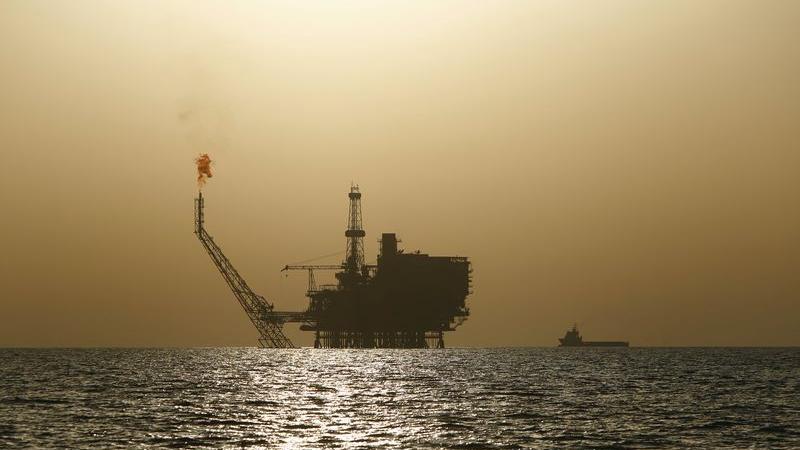India Imposes Port Restrictions on Bangladeshi Goods

India has restricted Bangladeshi imports such as garments, processed food, and plastics to seaports only, barring entry through northeastern land borders. The move follows Bangladesh’s recent curbs on Indian rice and yarn exports and marks escalating trade friction. Officials say the curbs aim to protect Northeast India’s industries, citing unfair access and high transit costs imposed by Dhaka.
New Delhi: India on Saturday (May 18) announced port restrictions on the import of certain goods from Bangladesh with immediate effect.
The notification issued by the Directorate General of Foreign Trade (DGFT), Ministry of Commerce and Industry, said that goods such as readymade garments, processed food items etc will not be allowed into India through any land port.
These goods can now only be imported via the Nhava Sheva and Kolkata seaports, the notification said.
“However, such said port restriction will not apply to Bangladesh goods transiting through India but destined for Nepal and Bhutan,” it added.
The list of items facing these restrictions include: fruit/ fruit flavoured and carbonated drinks; processed food items; cotton and cotton yarn waste; plastic and PVC finished goods, except pigments, dyes, plasticisers and granules that form input for own industries; and wooden furniture.
These goods cannot be imported “through any Land Customs Stations (LCSs)/ Integrated Check Posts (ICPs) in Assam, Meghalaya, Tripura and Mizoram; and LCS Changrabandha and Fulbari, in West Bengal,” the notification said.
The port restrictions do not apply to the import of fish, LPG, edible oil, and crushed stone from Bangladesh.
The move appears to be a response to recent trade actions by Dhaka. On April 13, Bangladesh stopped Indian yarn exports through land. Two days later Bangladesh also stopped Indian rice exports via Hili and Benapole ICPs of West Bengal.
A week earlier on April 8, India had withdrawn the trans-shipment facility that enabled Bangladesh to route exports to third countries through Indian land customs stations on the way to ports and airports, while exempting consignments bound for Nepal and Bhutan.
India’s port restrictions have come after Bangladesh’s interim chief, Muhammad Yunus, described the northeastern states as “landlocked” while speaking in China. “The eastern part of India, known as the Seven Sisters, is landlocked. They have no access to the ocean. We are the only guardians of the ocean in this region. This opens up huge possibilities,” he had said while referring to the possibility of ramping up Chinese manufacturing.
Bilateral relations between the two nations have worsened since ousted Prime Minister Sheikh Hasina fled to India last year amid a popular movement against her regime.
Last month, Indian Prime Minister Narendra Modi met Bangladesh’s chief adviser on the sidelines of the Bimstec summit in Bangkok—their first face-to-face interaction. But differences between the two sides were apparent.
During the meeting, Modi is said to have raised concerns about attacks on minorities following the ouster of Sheikh Hasina’s government. Yunus reportedly responded that the incidents had been exaggerated and were politically motivated.
On Sunday, Bangladesh’s interim commerce adviser, Sk Bashir Uddin, said Dhaka had not received any formal communication from New Delhi and had only come to know of the matter through media reports.
“Once we do, we will take appropriate steps. If any issues arise, both sides will work to resolve them through discussions,” he told reporters, according to news agency UNB.
Asked whether the developments could hurt Bangladesh’s exports, Bashir Uddin replied, “Not everything we export is affected. A large portion of our exports comes from the garment sector. Our focus remains on achieving competitiveness. The trade is beneficial to both countries. India also has a strong textile industry, yet they import our products based on our capabilities.”
He expressed confidence that trade would continue, saying, “This is in the interest of consumers and production sectors on both sides.”
Bashir Uddin also downplayed the economic impact of India’s decision on the transshipment facility. “Transshipment hasn’t had any significant impact on us. We’ve managed the situation using our own capacity,” he said.
Indian government officials argued the latest port restrictions on Bangladeshi goods are aimed at addressing what they described as a long-standing imbalance hurting industrial growth in the Northeast. The region has been grappling with what officials termed a “triple burden” – unreasonably high and economically unviable transit charges imposed by Bangladesh, limited access to the Indian hinterland for manufacturing inputs, and restricted entry into the Bangladeshi market for locally produced goods.
Despite existing bilateral transit agreements, Dhaka’s port restrictions have effectively blocked the Northeast’s access to Bangladeshi markets for anything beyond primary agricultural products, officials claimed. “Bangladesh, meanwhile, has enjoyed unimpeded access to the entire Northeast, creating a dependency that has choked the development of a sustainable manufacturing base in the region,” one official said.
To Read more about Edible Oil News continue reading Agriinsite.com
Source : The Wire














